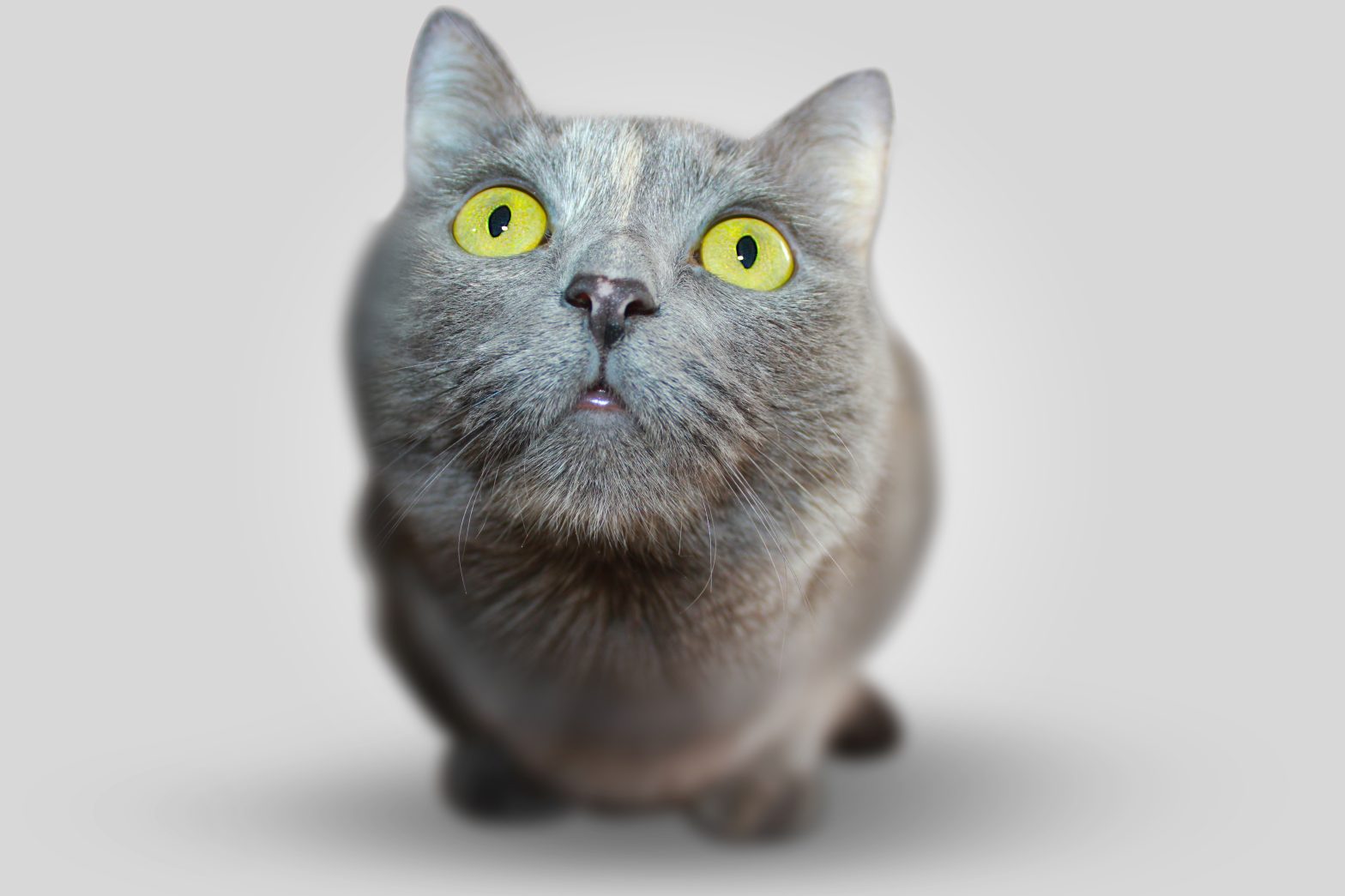When it comes to pet health care, it’s always better to be safe than sorry. Sometimes, general practitioner veterinarians can diagnose and treat a pet’s health issue with ease. However, there are certain conditions that require more specialized care – that is, the services offered by a vet internist. They are experienced in handling complex health issues that are beyond routine check-ups and stand at the forefront of veterinary diagnostics.
These professionals are armed with deep knowledge and technology to investigate, diagnose and treat challenging medical conditions and ensure our pets live their best, healthiest lives possible.
The Significance of Vet Internal Medicine
Pet health issues can sometimes be remarkably similar to those humans face. From diabetes and liver diseases to gastroenteritis and beyond, our beloved animals may require the same kind of rigorous medical procedure that humans experience. This is where the practice of internal medicine for animals comes into play.
Rather than just general care or health checks, a vet internist is a professional that concentrates on detailed examination and therapy for clinical pathology in animals. This basically means they are adept at identifying and treating diseases in pets in the most efficient ways.
- These specialists go through several more years of training after their basic veterinary education. This involves intense on-the-job training programs known as residencies. This equips them with the skills to understand and manage intricate diseases, investigate puzzling symptoms, and make precise diagnoses.
- Vet internists don’t work alone. They partner with your regular vet to provide high-quality internal medicine consultations. They bring their expertise to the table, helping your regular vet in the evaluation and treatment of your pet’s conditions.
When Surgery Becomes Necessary
Just like their human counterparts, animals often require surgical intervention to treat a variety of health conditions, ranging from cancer to traumatic injuries. Surgery for cats can be as simple as a spay/neuter procedure or as complex as a life-saving operation. A vet internist, or a vet surgeon, who is highly trained and skilled has a deep understanding and practical expertise to carry out complex veterinary surgeries with great care and precision.
- These professionals are capable of performing a range of surgical procedures, from treating dental issues in dogs to carrying out complex surgeries on dogs and cats. Their skills and experience surpass the actual surgical operation. They are also proficient in the care that should be provided before and after surgeries, commonly referred to as perioperative care.
- Furthermore, their expertise is extended to managing any complications that may come up during the surgery. This way, they ensure that everything, right from when the anesthesia is administered up to when the pet recovers, goes smoothly. Therefore, by trusting such professionals to carry out the procedures, you are placing your pet in a safe environment for treatment and recovery.
A veterinary internist or surgeon provides more than just surgical treatment. They are the backbone of the overall care and management of your pet’s health, providing support at every stage of the surgery. Their skills and experience allow them to handle various cases, from the simplest surgeries to more complex ones.
By making sure the entire process is managed efficiently – pre-surgery, during, and post-surgery – they play a critical role in the quick recovery and well-being of your pet. Their main goal is to make the surgical process as easy, efficient, and worry-free as possible for you and your beloved pet.
The Role of Vet Labs in Diagnosis
In the sophisticated world of veterinary lab services, a meticulous vet internist knows the significance of laboratory tests in accurately identifying and treating various health complications in pets. Whether it’s a simple routine check-up that requires basic vet lab tests like urinalysis and blood tests, or a more detailed diagnostic procedure, the role of an internist is very important. The internist will ensure that the tests are done correctly.
- The internist might need to screen for or diagnose diseases through animal blood tests. These tests can reveal a lot about an animal’s health and can even uncover some systemic health issues that are unseen.
- Another part of their role involves using vet urinalysis. This is a diagnostic process that involves testing an animal’s pee. It can help uncover certain health issues that cannot be found with a blood test.
- It’s important to understand that the vet lab is a key part of a good animal healthcare system. It provides reliable diagnostic abilities that help in diagnosing and treating animals’ health issues, ultimately contributing to better health outcomes for them.
Conclusion
In conclusion, the service of a vet internist is invaluable in managing and treating complicated health issues that our beloved pets might encounter. Whether it’s through expert handling of specialized internal medicine consultations, vital surgical procedures, or comprehensive vet lab diagnostics, these professionals fill an essential niche in the broader field of pet health care.
Therefore, understanding when your pet needs the specialized care of a vet internist can ensure a swift diagnosis, effective treatment, and increased chances of your pet leading a happy, healthy life.


